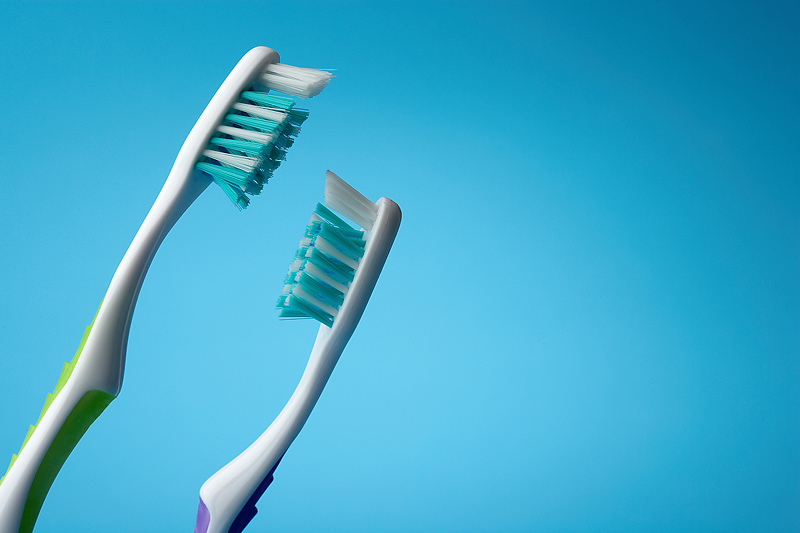
(HealthDay News) — Whether you call it bad breath or halitosis, it’s an unpleasant condition that’s cause for embarrassment. Some people with bad breath aren’t even aware there’s a problem.
If you’re concerned about bad breath, see your dentist. He or she can help identify the cause and, if it’s due to an oral condition, develop a treatment plan. In the meantime, try these helpful hints, courtesy of the American Dental Association:
- What you eat affects the air you exhale. Avoid certain foods, such as garlic and onions, that contribute to objectionable breath odor. Brushing and mouthwash will only mask the odor temporarily.
- Brush and floss daily so particles of food don’t remain in the mouth, collecting bacteria while rotting.
- Prevent dry mouth, which may be caused by various medications, salivary gland problems, or continuously breathing through the mouth. Use an artificial saliva (prescribed by your dentist), chew sugarless candy or gum, and increase your fluid intake.
- Stop using tobacco products. Ask your dentist for tips on kicking the habit.
Bad breath may also be the sign of a medical disorder, such as a local infection in the respiratory tract, chronic sinusitis, post-nasal drip, chronic bronchitis, diabetes, gastrointestinal disturbance, or a liver or kidney ailment.

